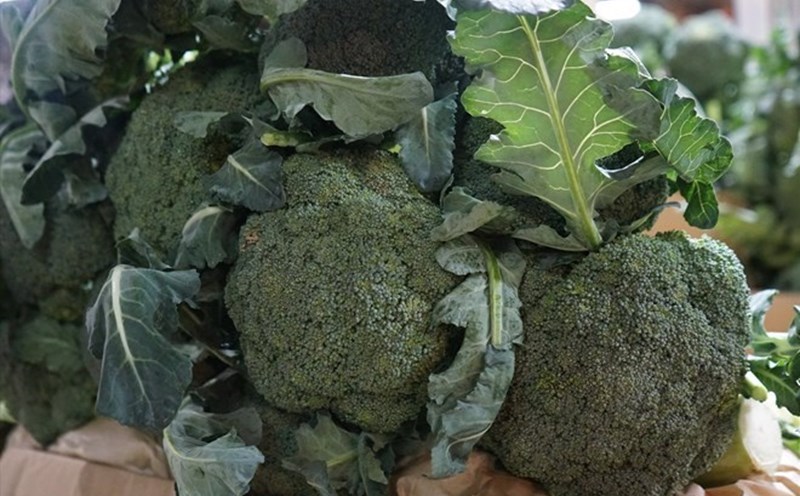Does eating bananas help reduce cramps?
Push-ups are sudden muscle spasms, causing sharp pain, often occurring after strenuous exercise, lack of water or electrolyte disorders. Many people believe that eating bananas, a fruit rich in potassium and magnesium, can help reduce or prevent cramps.
Bananas are a nutritious food, especially rich in potassium, magnesium, vitamin B6 and fiber. These are all substances necessary for stretching and transmitting nerve signals to muscles. However, according to nutritionist Simone Harounian, MS, RD in Los Angeles, USA, bananas are not strong enough to immediately relieve cramps.
Bananas are a good source of natural electrolytes, but eating a banana after a cramps does not have an immediate effect. To reduce the risk of cramps, you need to supplement electrolytes regularly and fully from many foods," said Ms. Harounian.
Current research shows that although bananas contain potassium, potassium levels in the blood do not increase significantly immediately after eating. Therefore, the immediate effectiveness in reducing cramps has not been clearly demonstrated. However, with a diet rich in electrolytes for a long time, including bananas and other foods, the body can reduce the risk of muscle disorders and cramps.
Some groups of people are susceptible to muscle cramps, including the elderly, athletes, obese people, pregnant women or people with chronic diseases. For these groups, maintaining a diet rich in potassium, magnesium, calcium and sodium is very necessary.
In addition to bananas, other foods that effectively supplement electrolytes include:
Avocado: contains potassium, magnesium, calcium and healthy fats
Coconut water: rich in potassium, helps rehydrate
Green leafy vegetables such as spinach, kale
Milk: provides calcium and vitamin D
Nuts and beans: rich in magnesium
Sweet potatoes, tomatoes, melons, olives: add many essential minerals
To prevent cramps, you should also drink enough water, stretch before and after exercise, massage gently and avoid overtraining. In case of prolonged cramps, appearing with muscle weakness or severe pain, it is necessary to see a doctor because it may be related to an underlying disease.











